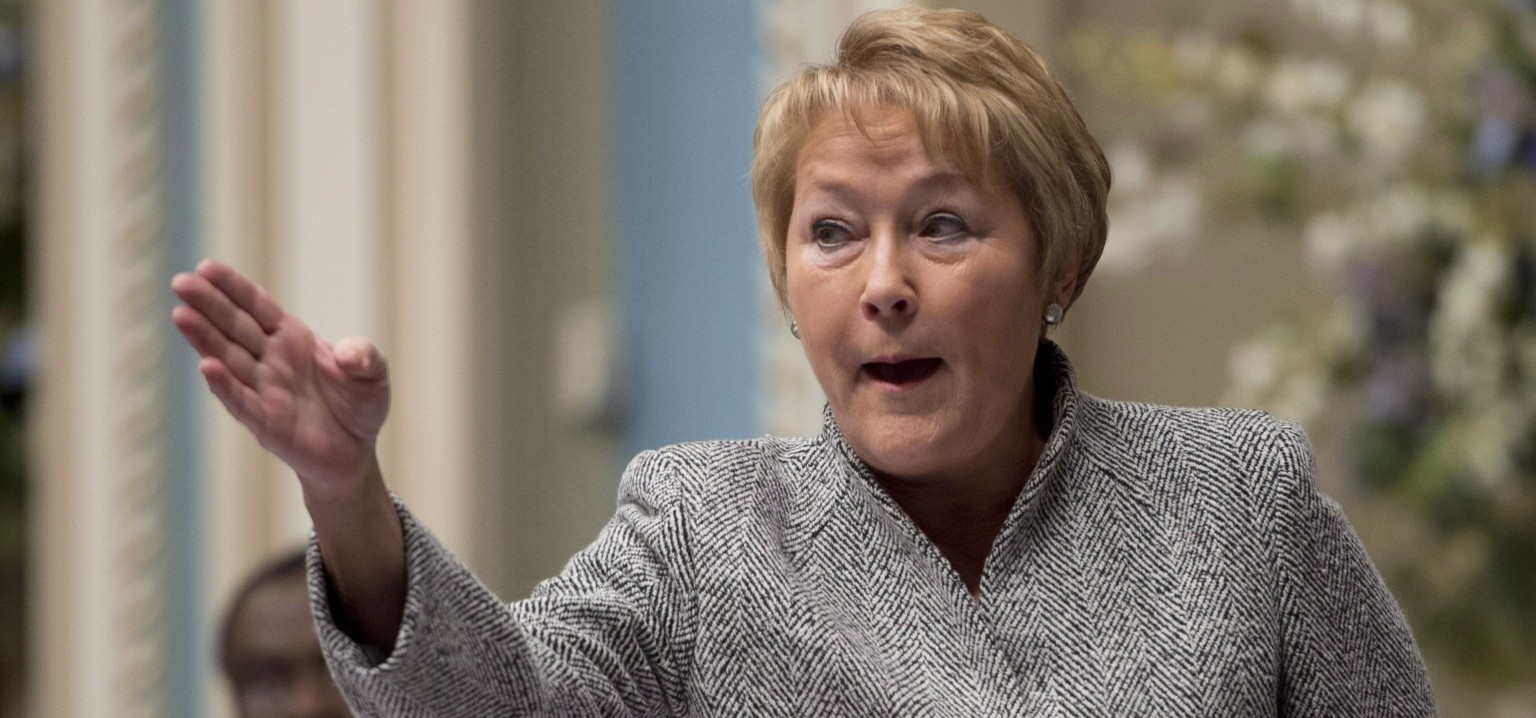“How long will you be staying in Quebec?” asked the polling officer.
“Four or five years? I’ll be here until I graduate,” I replied.
“… And then?”
I paused, before admitting: “I don’t know.”
The polling officer threw me a patronizing look. I wasn’t aware that keeping my options open after graduation stripped me of the right to vote. It wasn’t supposed to be like this; having turned eighteen only five short months ago, this was going to be my first election. Excited to fulfill my civic duty, I walked into the polling station, Canadian passport in one hand and proof of residence in the other. However, my enthusiasm was short lived – despite my Canadian citizenship, age, and Quebec postal code, I am apparently not eligible to vote. Why? Because I call Vancouver my hometown.
According to the Director General of Elections, there are three conditions required to exercise your voting right in Quebec: you must be eighteen or older, be a Canadian citizen, and have been domiciled in Quebec for at least six months.
I, like 30 percent of the McGill student population that hail from other Canadian provinces, apparently do not meet the third requirement. You see, to be domiciled, the person must make, “concrete gestures and behaviours,” proving that the person “considers the place to be his or her principal dwelling, gives as a reference for the exercise of his or her civil rights, and indicates publicly as being his or her domicile.”
Confused? Me too. First, to say that the definition of “domiciled” offered by the Civil Code of Quebec is vague is an understatement. Because there are dozens of ways that these “concrete gestures and behaviours” may manifest themselves, there is no consistent definition of acceptable gestures and behaviours amongst polling officers. The officer I spoke with said my apartment lease was not a sufficient gesture of commitment; instead, only a Quebec health insurance card or Quebec driver’s license would suffice. Other polling officers, however, have accepted apartment leases as evidence of a person’s domicile.
If, as the Quebec Civil Code asserts, the notion of domicile is about a legal and intellectual attachment to a place, it should help students exercise their voting rights, not hinder them. Most undergraduates at McGill spend four to five years finishing their degrees and usually live at least eight months of each year in Quebec. Though we might not call Montreal our hometown, it is, and will be, the principal place of dwelling for an extended period of time. What happens in the National Assembly has the potential to impact our lives dramatically; does this not indicate that we have a vested interest in the province of Quebec?
Why is this requirement and vague definition of being “domiciled” given so much weight, anyway? Some believe that the intention of out-of-province students, as Premier Marois apparently believes, is to “hijack the Quebec election.” How exactly do residents of a province hijack an election? I am not an outside pathogen set to disturb the values of the Quebecois by casting my vote. I have a vested interest in what happens in this province, and I want to have a say in how it is run. Has the premier been so quick to forget the notion of democracy?
An Elections Quebec employee was quoted on Saturday voicing concern about the sizeable amount of non-francophone voters (especially university students) trying to register to vote. I’m sorry, did I miss a memo? This quote implies one of two things: either the PQ does not want Anglophone Quebecois to exist, or they are to be stripped of their democratic rights because they speak a different language. On the contrary, Anglophone Quebecois are not magical unicorns: we exist. Sure, we might come from somewhere else, but we have made Montreal our home, and it is baffling that we would not have a say in what happens in this province.
Frankly, I’m convinced that, had I not revealed that I was a student, I would have been able to vote. Indeed, me revealing that I was a student was apparently a veiled confession that I am not domiciled in Quebec. Is this not absurd? While Quebec’s large student population is a migrating and evolving one (something typical among all young people), populations migrate all the time and that does not justify electoral exclusion. We pay taxes, we fill jobs, we start businesses, and we support a plethora of small businesses that cater to students. Our alumni and students contribute significantly to all levels of government in Canada, including Quebec. Yet, because we come from somewhere else, because we speak English, and because we do not conform to the quasi-nationalistic vision of Quebec held by Marois’ government, we are unfairly rendered irrelevant. This ridiculous situation implies that McGill, along with Concordia and Bishop’s (the only Anglophone universities in Quebec) are all not considered a legitimate part of Quebec – and I, for one, refuse to accept such a ludicrous notion.
I think that the officials that are whistleblowing and suggesting voter fraud need to be reminded of the reactionary nature of politics. When newspapers are flooded with headlines about the Charter of Values, when professors are threatened with unemployment because of their religious beliefs, and when young people feel like they are being cornered and intimidated, of course students will react. How many student protests have there been in this province in past five years? The immediacy and the shock that the radical Charter of Values engendered pushed students to the polls; not only is it absurd to accuse them of tampering with an election, but it is also raises serious questions about the integrity of the PQ platform. Canada already has a problem with voter turnout (not to mention youth voter turnout) – what kind of message is being made when students are turned away from voting polls?
Is Marois scared of the students’ voice? Are we, despite our residence, stake, and contributions, just not Quebecois enough? Do Anglophones just not matter as much? The harsh implementation of this frankly ridiculous and obscure voting requirement implies one conclusion: this is not democracy in action. So, let me be the first to call B.S. on the Quebec election general’s slogan: “Democracy wins, every time.”
The views expressed in this opinion piece are the author’s own and do not necessarily represent those of The Bull & Bear.








